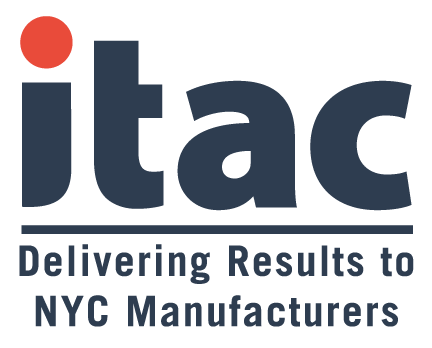“Designers design, and we do the rest.”
Boaz DavidFounder & CEO
“I’ve been walking the Garment Center for over 25 years.”
Boaz David left Israel in 1996, upon graduating with a degree in fashion design. New York was the place to be, as he dreamed of starting his own fashion brand, and he landed his first job as a designer for Yigal Azrouël, an up-and-coming women’s ready-to-wear fashion brand. There, he was able to learn everything about successfully launching a brand, including what goes into the design and development process, and how to properly partner with Garment District manufacturers. For eight years, he subsequently worked in the design and development departments of several different designers like Nili Lotan, Alice & Trixie, and Raven, while also creating his own high-end womenswear line.
By 2008, Boaz realized that his true expertise lay in understanding the design, development, and production process, rather than only focusing on the creative side of the equation. He began guiding new designers through the development process and uncovered a significant gap in the market as many of these designers did not have the industry experience necessary to understand how to launch and grow their fashion line. Walking through Garment District factories, Boaz noticed the widespread frustration and miscommunication associated with launching one’s fashion line; he started Human B in 2008, to help close this important gap.
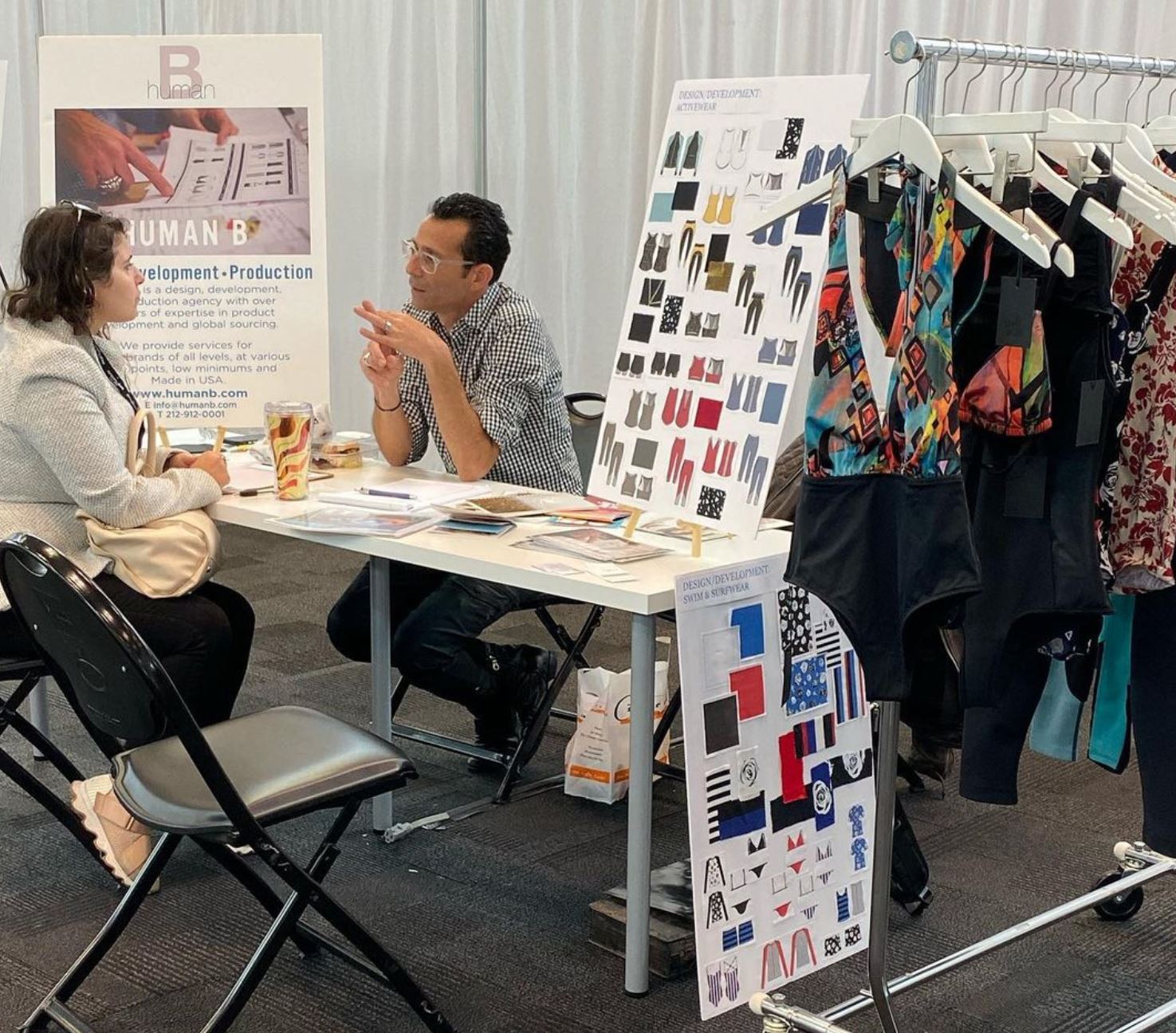
“Designers design, and we do the rest.”
Human B’s mission is to help designers develop and grow their businesses. Having been in their shoes, Boaz understands what startups and mid-size firms need in order to succeed. While other companies only provide sales and marketing assistance, Boaz helps designers build a vision for their business, collaborating with them on each and every aspect of their business model, whether target audience identification, pricing, supply chain management, expansion opportunities and anything else they might need.
His background allows him to effectively communicate with creative thinkers and provide them with avenues to scale their companies. The designers that Boaz works with are not necessarily eager to spend time in factories to oversee the manufacturing of their collection; they prefer focusing on creative work instead. Having someone experienced like Boaz take over all or even part of the development process is often a significant relief for them.
“There are still just as many brands wanting to launch today as there were before COVID.”
Ten to twelve years ago, every line that Human B worked on was entirely developed and produced in the Garment District. Since then, the fashion manufacturing landscape has changed dramatically, with significant production moving overseas and local shops closing. Human B has had to constantly adapt and find new reliable resources in the district that can deliver impeccable work for its clients.
On the positive side, while COVID did not spare the fashion industry, there are still as many fashion brands looking to launch today as there were pre-pandemic. Business has started to pick up again, and companies are generally optimistic about the future, as COVID’s silver lining has been that it has generated increased space for creative thinkers and small brands. Many consumers are now looking to encourage smaller, local, authentic designers, and these brands are in turn working hard on cementing these new connections, sharing their stories directly with online audiences and adopting more personal and engaging approaches. This shift from previously selling to wholesalers to now selling directly to consumers has resulted in numerous opportunities for Human B, as the pool of creatives looking for business and production partners is now even larger.
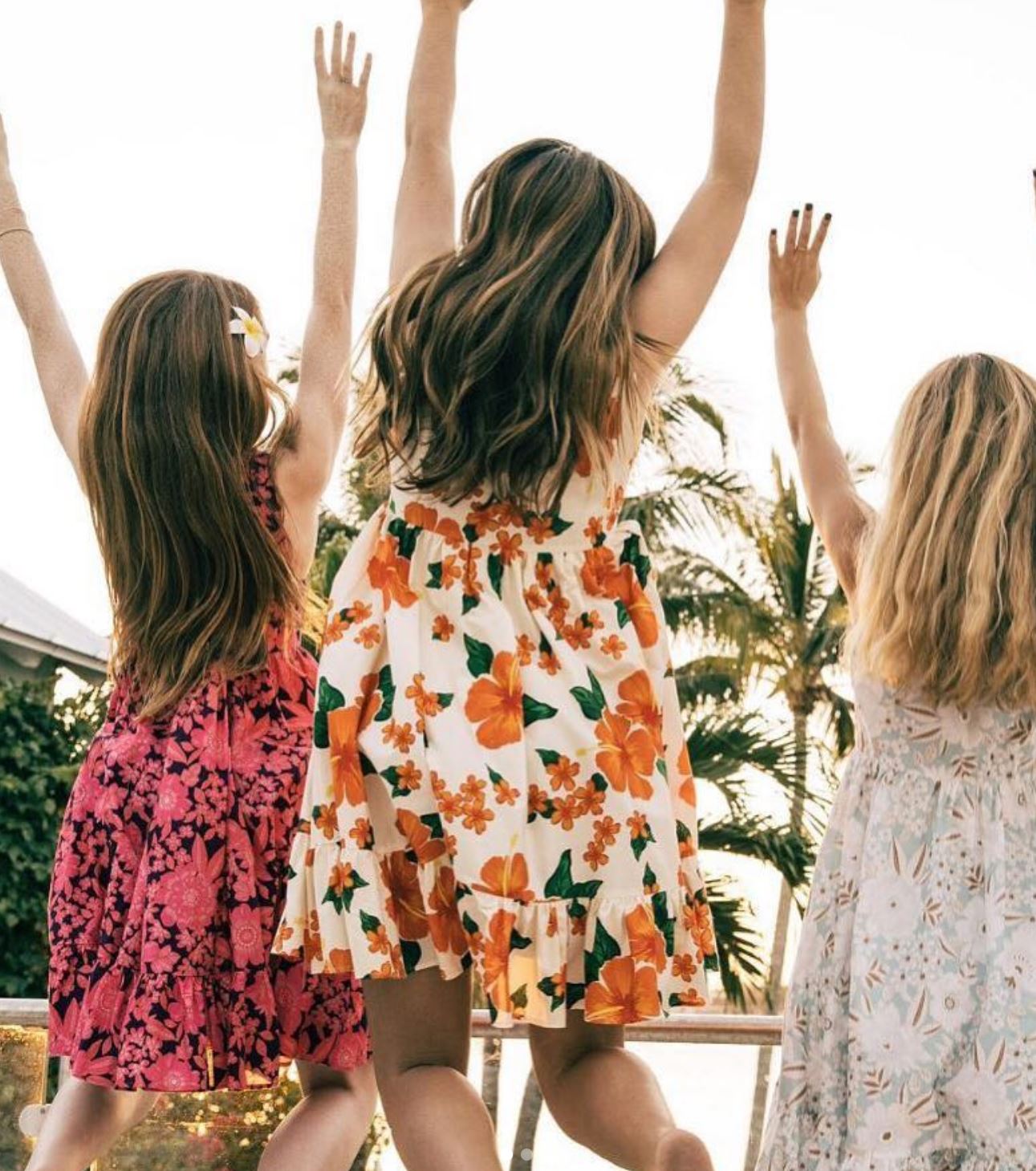

“I aim to create a community for all artists.”
Boaz’s mission will always be to educate and assist designers, and he also hopes to build something larger – a community, in which all creatives receive the tools and resources needed to turn their talent into a successful business. He is a strong believer that this community will help the next generation of factories gain visibility and expand their client base. Moreover, he hopes that this increase in visibility will encourage a new generation of skilled workers. In the early 2000s, many production facilities closed, slowing the demand for new factory workers. Boaz hopes for a revitalization of the district, with a new emphasis on teaching design students the technical aspects of fashion and the true value of fashion manufacturing so that they can create magic alongside creative minds.
